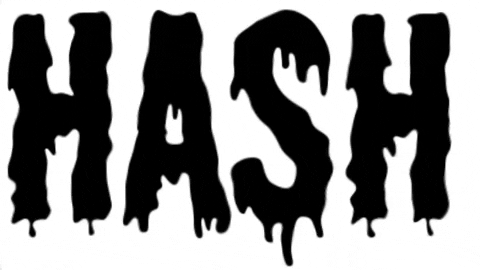3 Flashes, To Be Read Listening to Crimson & Clover
HATCHET
At four, Richie Krause ran around our neighborhood carrying a hatchet. His sister Marcie was my friend until they moved to Davenport when I was almost seven. We played dress-ups. Boy clothes bored me. A respectable print dress was fun. I knew we had to do this in secret or I’d get in trouble.
I thought maybe I’d grow up to be Elaine Fantour, the weather “girl” on ABC, but would probably be Mark Hartigan, the news anchor, boring Mark, in a suit jacket, looking into our living room and saying “The Cubs are in trouble.” So what? One guy threw a ball. Another tried to hit it. Two and a half hours later the Cubs were in trouble.
My dad often said, “No one in Micah wins anything. Can’t the Cubs get out of trouble?” They did. But he was long gone by then.
I envied Richie’s hatchet, even many years later when I had moved to Chicago for a job on the Magnificent Mile. I wasn’t magnificent. I got let go after six months.
Two decades later, Micah became pictures in my bureau drawer kept under socks and underwear. Around one A.M. on a chilly October night, I walked to a gay bar. Something felt wrong. Two guys jumped me. One said, “Get the squirrel!”
I had no hatchet, but I had strong teeth. I bit. My runner’s legs kicked. I got away.
I watch where I’m going, but I go. Richie, I found your hatchet. I know how to use it. And when. Mess with me and it’s trouble, bad trouble.
HIDDEN DRIVEWAY
Each romance piles up like another dirty plate in the sink. He craves the beautiful surprise, a finch on a giant coneflower. His death drops by unexpectedly. Doctors disagree on the cause. Their books meet in a private office and come to no conclusion. His funeral, poorly attended, though a few Driveways fly in, his cousin Private coming all the way from Ashtabula. When Pastor asks would anyone like to share a memory, Private stands and says that few know how kind Hidden had been to rusting trucks. “Can it be?” weeps Aunt Active.
He has a small plot and stone beside his parents. The sun and moon have swordfights of light which please him.
WARNING
During his lunch break at Morlay Plastics, Andy Sporke eats buttered bread and a small bag of chips. He thinks of his life as a Christmas wreath pulled off a door in January and tossed into the trash with chicken bones.
Andy dumped his boyfriend Sal for sighing too much. Trying to cheer him up was like inflating a bike tire. Andy’s single now and OK with it though sometimes it feels like he’s the one birch in a pine forest. “Are you seeing anyone?” his mom asks. If he says no, her mom looks nauseous. If he says yes, his mom looks like a car is speeding dead-on at Andy.
His dad had left the picture of family bliss about two decades ago, quit his K-Mart job and announced “I’m chucking Illinois and heading for the road.” Andy cried for a week. Afterwards, he watched The Golden Girls reruns. If only he had a lanai to sneak out to. At fourteen. Now the usual days build up like plaque; you don’t feel the build-up.
Christmas, time to hang the wreathe. Andy gets a “real” tree and a “real” wreath. Christmas, New Year’s Eve. Then Morlay Plastics. The same seat in the eating room, the same grime on the one cracked window. It’s comforting, this sameness. And also a warning.
Kenneth Pobo has a new book of poems forthcoming from Assure Press called Uneven Steven. His micro-fiction collection, Tiny Torn Maps, was published by Deadly Chaps. His work appears in: Everyday Fiction, Nimrod, Hawaii Review, Brittle Star, and elsewhere.
